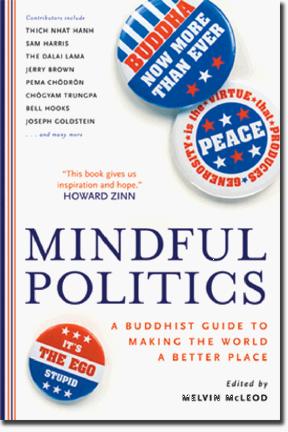The psychotherapist Connelly turned to William Carlos Williams to elucidate the “poetry” of living. Williams said, “The underlying meaning of all [our patients] want to tell us
an have always failed to communicate is the poem, the poem which their lives
are being lived to realize”
The philosopher Suzanne Langer reminds us that a “Poem has the capacity to bring about a moment of
intense awareness of many feelings, paradoxical, yet confluent.”
Poetry is often used in teaching mindfulness and there are many poems that make the rounds in mndfulness teaching circles. Wonderful poems, by Mary Oliver, Rainer Maria Rilke, Derek Walcott, Wislava Symborska, Rumi, and many others.
One of m favorite discoveries is a poem by W. S. Merwin entitled “One of the Butterflies” This poem captures the core of the Buddha’s teaching — how we create anguish for ourselves through our relationship to desire.
Merwin says:
The
trouble with pleasure is the timing
it
can overtake me without warning
and
be gone before I know it is here
it
can stand facing me unrecognized
while
I am remembering somewhere else
in
another age or someone not seen
for
years and never to be seen again
in
this world and it seems that I cherish
only
now a joy I was not aware of
when
it was here although it remains
out
of reach and will not be caught or named
or
called back and if I could make it stay
as
I want to it would turn into pain(from The Shadow of Sirius)
When we are not being mindful, we are reaching missing our joys because our minds are preoccupied with some memory or some anticipation. We can our entire lives in anticipation and memory, the now abstracted into a story.


